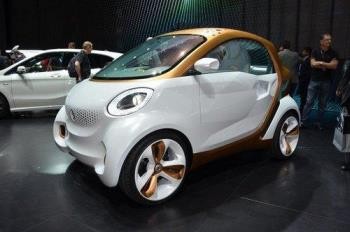China's leading smartphone manufacturer, Xiaomi, has clarified that it will not manufacture cars despite filing nine patents related to its new smart vehicle venture, as published recently through China's national patent system.
The company said that it is planning to develop the "Internet of vehicles," but will not be engaged in making the vehicles, Caixin Online, a Beijing-based news agency, reported.
Based on Xiaomi's filing, the company has nine patents that are all involved in Internet-based cars, which are mostly enhancements to system-embedded car equipment.
Wang Qiang, an entrepreneur engaged in Internet vehicle technology, said that the applications are based on add-on services for end devices, including on-board diagnostics (OBD) systems.
According to the report, many Chinese tech companies are now jostling to enter the Internet-connected vehicle sector. Audi has picked up Baidu's Carlife, while Mercedes Benz and Shanghai GM have tied up, among other foreign brands.
German car manufacturer BMW has also been reported to be working with Chinese Internet giant Baidu to have self-driving cars on the roads by the end of the year. They have reportedly already tested some of them in the highways of Shanghai and Beijing.
The report added that LeTV also launched its self-developed user interface (UI) LeUI for smart cars, while Xiaomi's MIUI OS for the smartphone is most likely to be applied to vehicles.
Xiaomi filed its first patent application in 2010, but it was only in 2012 that the number of its patent applications jumped significantly to 257. Since then, its patent submissions have increased by 200 percent every year, and the number is expected to reach 2,000 this year.
Major global IT and tech companies, including Apple and Google, have reportedly applied for more than 600 smart car-related patents, U.S. patent research firm Envision IP reported.



























